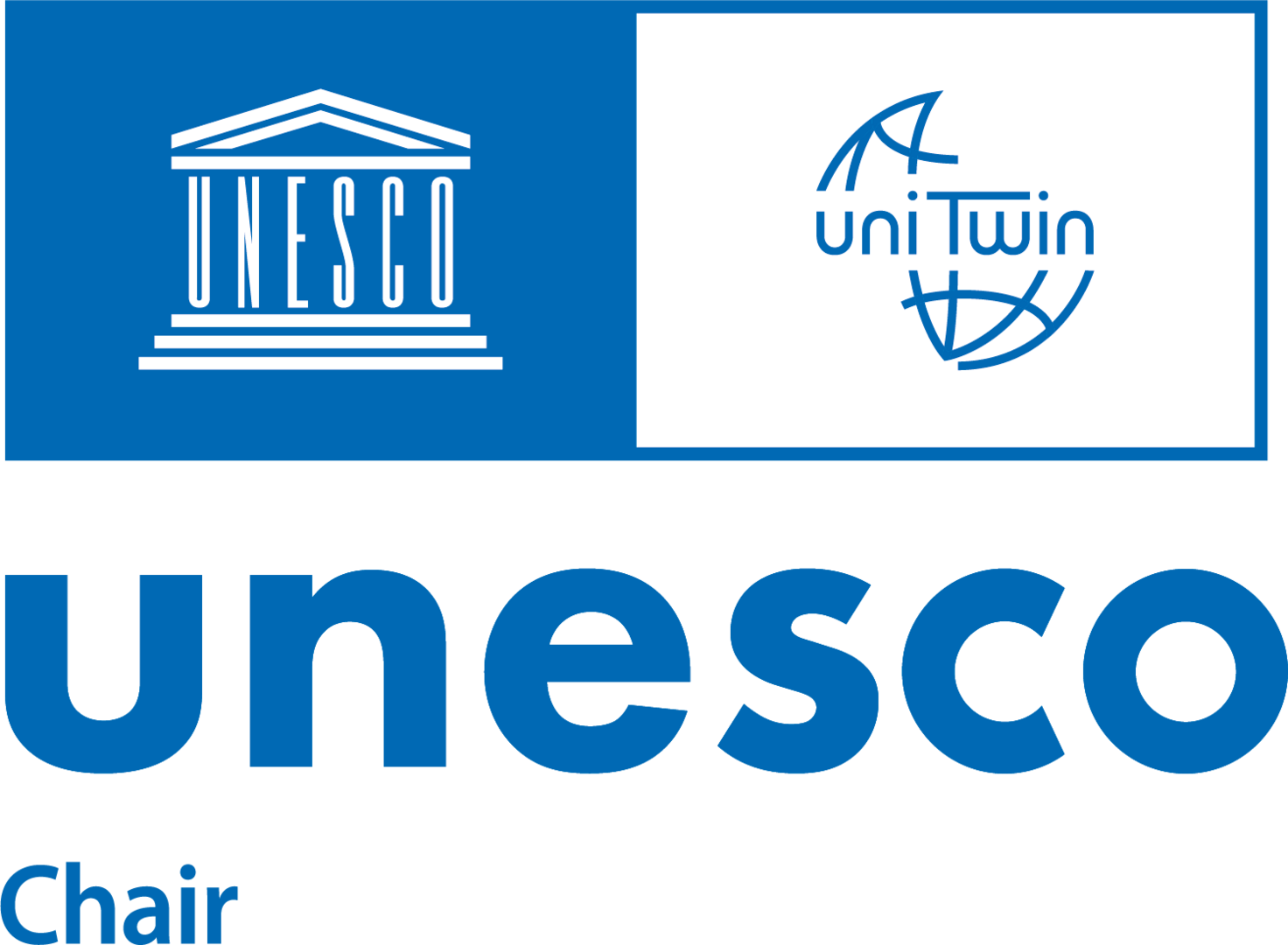About
UNESCO Chair in Water Conflict Management
at Ludovika University of Public Service (Ludovika-UPS)
The Chair’s activities focus on knowledge-sharing and fostering ‘North-South’ networking among universities, research institutions, and professionals. It supports collaboration in scientific research and higher-education training on topics such as international water governance, water cooperation and conflict management, and sustainable water management. The Chair facilitates academic exchange with partner institutions and strengthens research among scholars, decision-makers, and water professionals through various mechanisms, as detailed in the attached summary.
Objectives
The knowledge of how to prevent, manage and resolve water conflicts at national and international level will be critical for the prosperity and stability of any nation in the 21st century. The UNESCO Chair in Water Conflict Management at Ludovika-UPS aims to address these challenges by seeking to meet four objectives related to water conflict management and diplomacy:
- Promote international cooperation in education and training in this field,
- Encourage interdisciplinary research and scientific collaboration at national and global levels,
- Enhance access to scientific information to make science open to the whole society, and
- Advocate for water culture and ethics at all levels.
By pursuing these objectives, the Chair contributes to UNESCO’s mission and mandate – primarily the promotion of peace, inter-cultural dialogue, and scientific collaboration – and supports the UN Sustainable Development Goals (SDGs).
Activities
The Chair achieves its objectives through:
a. Establishing networks among universities, research institutions and individuals (students, researchers and teachers, decision- and policy-makers, water professionals), dealing with water diplomacy and conflict management,
b. Collaborating with partners to advance scientific research and higher-education training, to enhance the society’s awareness and knowledge on: (i) complex water problem solving, (ii) strengthening of hydro-political resilience of the systems of international water governance, and (iii) prevention, resolution or management of water conflicts by applying tools of water diplomacy, and
c. Promoting inclusive and evidence-based water governance and management, based on improved scientific data, research, knowledge, capacities, appropriate tools, bridging the science-policy-society interfaces, and gender equality.
Expected outputs
The Chair delivers the following outputs related to water diplomacy and conflict management:
- Education programs (including a Master’s in International Water Governance and Water Diplomacy, and training of researchers through the Doctorate in Water Sciences),
- Research and knowledge building among teachers, researchers, students, decision makers and water professionals (teaching programs for postgraduates, scholarships for students, technical training programs and vocational guidance, research, workshops, conferences, and publications),
- Academic exchange (visiting professorships, research fellowships, academic mobility facilitation),
- Dissemination of information to the public concerned and the wide public (publications, events, website, and social media outputs), and
- Partnership and cooperation agreements.
Geographical scope and target groups
The Chair operates globally, partnering with universities and research institutions from Africa, the Americas, Asia, and Europe. Key beneficiaries include stakeholders directly involved in the Chair’s operations – students, researchers and teachers, and decision- and policy makers active in the field of water diplomacy and conflict management, as well as water professionals in general. An additional target group is the public concerned that will be addressed by the Chair’s communication and outreach activities.
